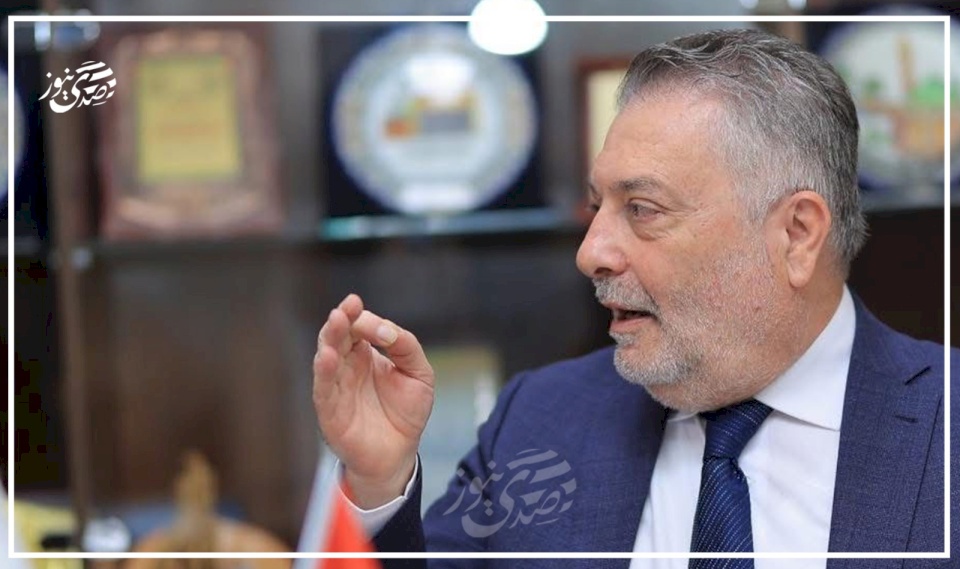
From Remittances to Investments: Palestinian Money Abroad Seeks a Homeland
In almost every Palestinian household, there is a story linked to a financial remittance coming from abroad. A son, brother, or relative working in the Gulf, Europe, or the Americas sends a sum at the end of each month that alleviates the burdens of living, pays off a debt, or funds a university fee. These remittances, estimated at between 3.5 to 4 billion dollars annually, represent one of the most important lifelines of the Palestinian economy, sometimes exceeding the size of international aid. However, despite their magnitude, they have remained confined to the circle of individual consumption and have not yet transformed into a force for production and investment capable of changing the economic equation.
Perhaps what amplifies the importance of this issue is that the number of Palestinians residing abroad is estimated today at around 7.4 million people out of 14.8 million Palestinians worldwide, according to data from the Palestinian Central Bureau of Statistics. This means that more than half of the population lives in exile, making expatriates a strategic asset that could shift from a source of remittances to an investment and national development force if we successfully direct their economic compass.
In recent years, external remittances have constituted one of the pillars of Palestinian financial resilience, representing about 15% of the GDP, a percentage that exceeds the amount of international aid directed to Palestine in some years. Although these remittances have contributed to raising private consumption by about 5% annually, they have not translated into growth in exports or productive investment, making their economic impact more akin to temporary livelihood support rather than sustainable development. The absence of institutional channels, lack of trust in the investment environment, and lack of real incentives have led expatriates to rely solely on direct family support instead of entering into long-term investments; thus, Palestinian money abroad remains distant from its homeland, even though there is a pressing need for it domestically.
The Palestinian economy needs a leap in thinking to shift from a consumer model to a participatory investment model. Instead of remittances remaining a scattered cash flow, they can transform into organized collective capital through practical tools, such as community investment funds for expatriates managed by trustworthy financial institutions, and investment bonds allocated to them with periodic returns linked to real projects within the homeland, in addition to national digital platforms that allow investment and remote follow-up, enhancing transparency and trust between capital abroad and projects domestically. With these mechanisms, remittances can be converted from family support to a productive national investment that creates job opportunities and alleviates economic fragility.
Transforming the relationship with expatriates from one of "sending and receiving" to collaboration in development requires a serious national framework. The government can launch a national program called "Investors from Abroad," which includes tax incentives and risk guarantees, involving banks and local investment funds in the implementation. Moreover, the private sector and universities can embrace expatriate-led initiatives that combine money, knowledge, and expertise, as the Palestinian expatriate does not only possess money but also a network of relationships and global experience that can reshape the national economy if properly utilized.
Remittances are not just numbers on the balance of payments; they can become a lever for financial sovereignty if incorporated into a comprehensive national economic vision. Every Palestinian dollar invested domestically reduces dependency on aid and increases the economy's resilience against political and financial pressures. Instead of remaining a temporary support for individuals, remittances can become a permanent investment in the homeland when they shift from a financial habit to a development system based on trust and mutual yield.
It is time to see the Palestinian expatriate as a partner in shaping the future, not just as a supporter of the present. Remittances have been and continue to be a lifeline, but they can transform into an engine of economic revival if we depart from traditional modes of thinking and financing. When will and vision unite, money abroad becomes a force for the homeland at home, and the expatriate truly becomes a partner in development, not just a sender of dollars.

While some count the boos, Palestinians count their martyrs.. Paradoxes of the internation...

When the Palestinian Issue is Reduced to Gaza Management

Legally Licensed Occupation

The Absence of the Palestinian Representation and the Bet on Time

Palestine: When the Criminal is Declared a 'Peace Maker'

Don't Blame the Palestinian People for the Failures of Your Regimes and Ideologies

The Flood of Settlement and Displacement in the West Bank

